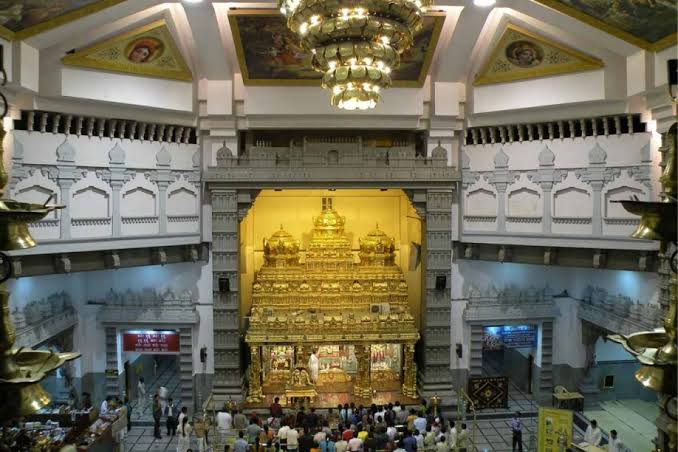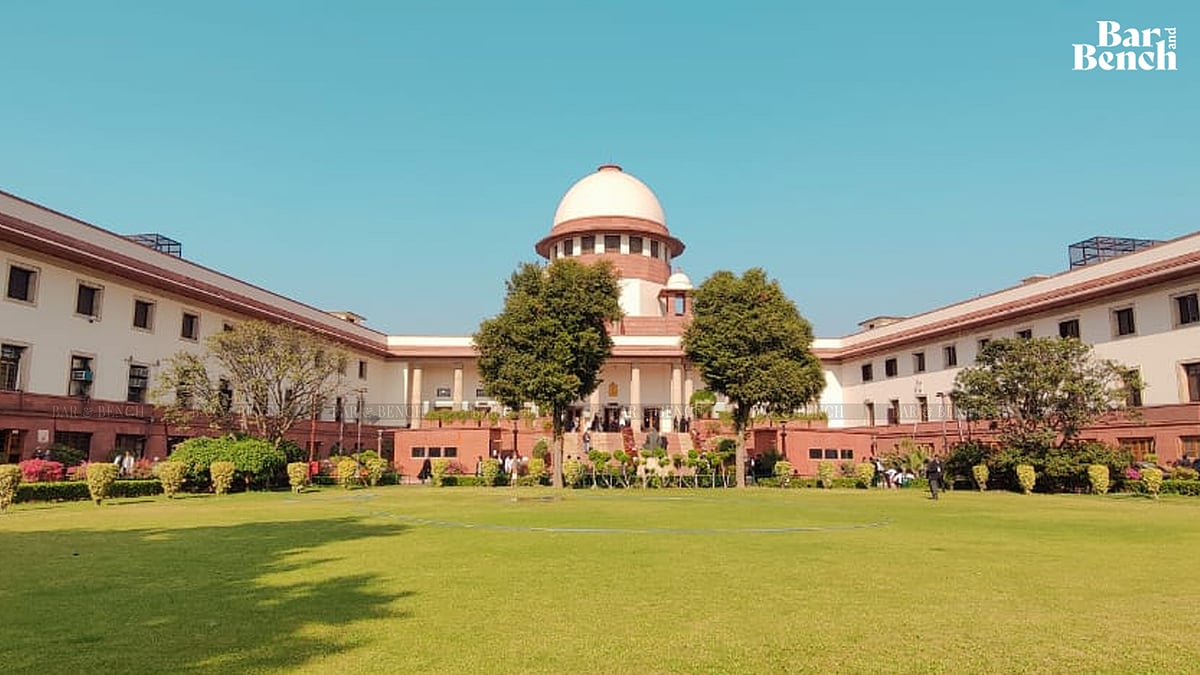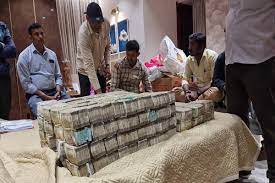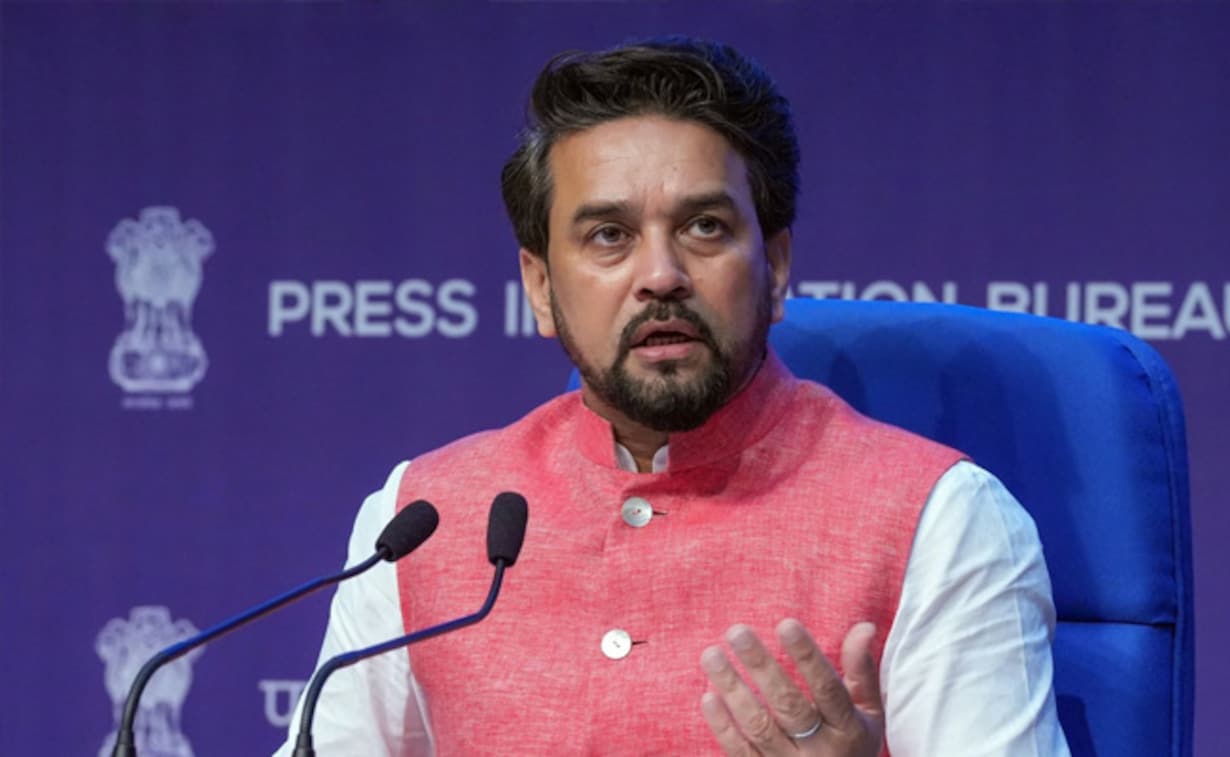Supreme Court imposes ₹1 lakh costs on ISKCON Kolkata official for frivolous case against ISKCON Bengaluru official to settle personal score

The Court noted that the proceedings were initiated based on a complaint filed 8 years after the incident regarding theft of a bus and the same was done to settle personal scores with the appellant-accused.
Supreme Court imposes ₹1 lakh costs on ISKCON Kolkata official for frivolous case against ISKCON Bengaluru official to settle personal score

The Supreme Court on Thursday took strong exception to the criminal proceedings initiated at the behest of an official of the International Society of Krishna Consciousness (ISCKON) in Kolkata against an ISKCON official in Bengaluru [Chanchalpati Das vs The State of West Bengal and anr].
A bench of Justices Ajay Rastogi and Bela M Trivedi noted that the proceedings were initiated based on a complaint filed 8 years after the incident regarding theft of a bus and the same was done to settle personal scores with the appellant-accused.
"If the facts of the case are appreciated, there remains no shadow of doubt that the complaint filed by the respondent-complainant after an inordinate unexplained delay of eight years was nothing but sheer misuse and abuse of the process of law to settle the personal scores with the appellants, and that continuation of such malicious prosecution would also be further abuse and misuse of process of law, more particularly when neither the allegations made in the complaint nor in the chargesheet, disclose any prima facie case against the appellants," the Court said.
Further, the Court said that the investigating officer had not even bothered to collect any cogent evidence to prosecute the appellants-accused.
"The allegations made against the appellants are so absurd and improbable that no prudent person can ever reach to a conclusion that there is a sufficient ground for proceeding against the appellants-accused ... The matter should be viewed more seriously when people who claim themselves and project themselves to be the global spiritual leaders, engage themselves into such kind of frivolous litigations and use the court proceedings as a platform to settle their personal scores or to nurture their personal ego."
The bench, therefore, quashed the proceedings and also made it clear that courts should not be used to settle personal scores or nurture egos, and imposed ₹1 lakh costs on the ISCKON Kolkata official.
The judgment was passed in appeals against a Calcutta High Court order that had refused to quash the chargesheet filed against the appellants-accused for the offences under Sections 468 (forgery for purpose of cheating), 471 (using as genuine a forged document or electronic record) , 406 (criminal breach of trust) and 120B (criminal conspiracy) of Indian Penal Code.
The ISKCON is a Gaudiya Vaishnava Hindu religious organisation founded in New York to promote the teachings of Lord Krishna.
The main accused, Madhu Pandit Dasa, is the chairperson ISKCON Bengaluru and a Padma Shri awardee.
Senior Advocate Shyam Divan, appearing for the accused, pointed out that the complaint was filed nearly 8 years after the bus allegedly went missing. Further, the allegations were only for harassing the accused.
The accused had expressed willingness to buy a new luxury bus in the name of ISKCON Kolkata, he added.
Senior Advocate Krishnan Venugopal pointed out that the final report had already been prepared and the offences were non-compoundable.
The top court at the outset said that the offences of forgery and criminal breach of trust were not made out. It slammed the investigation officer in this regard, observing,
"In any case, there is nothing to suggest from the other documents on record of the instant appeals that the investigating officer had even bothered to collect any cogent or substantive evidence against the appellants to prosecute them for the alleged offences. There was no expert opinion obtained or scientific evidence collected on the documents allegedly forged to show as to by whom, when and how the theft of vehicle and forgery of documents were committed. Under the circumstances, allowing such prosecution to continue would not only be an empty formality but would be gross wastage of court’s precious time."
Further, the 'inordinate, unexplained' delay of eight years to file the complaint amounted to sheer misuse and abuse of the process of law to settle personal scores, the bench emphasised.
Such frivolous cases would mean that genuine ones have to take a backseat in terms of getting heard, the bench added.
"The party who initiates and continues a frivolous, irresponsible and senseless litigation or who abuses the process of the court must be saddled with exemplary cost, so that others may deter to follow such course."
The criminal proceedings were, therefore, quashed. The costs of ₹1 lakh was directed to be deposited with the Supreme Court Advocates-on-Record Association (SCAORA).

















